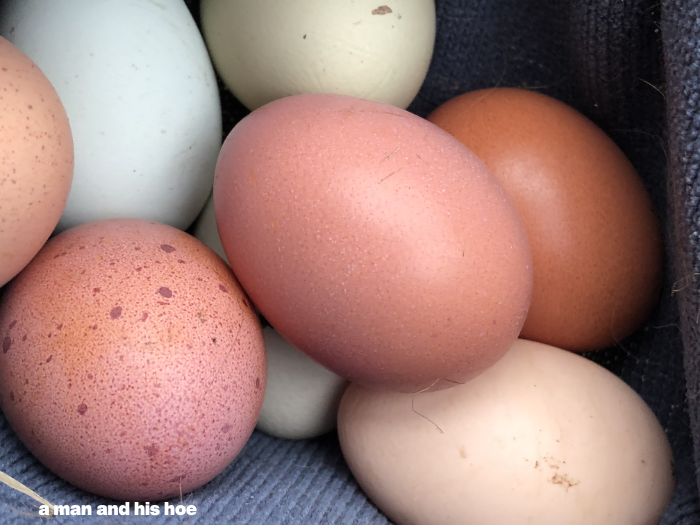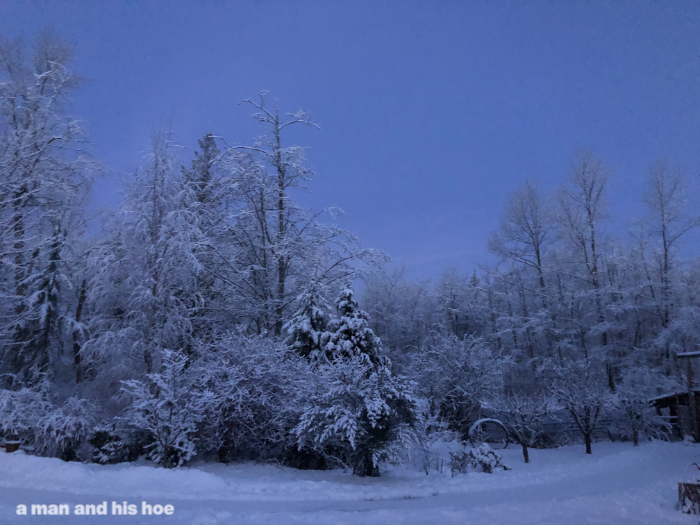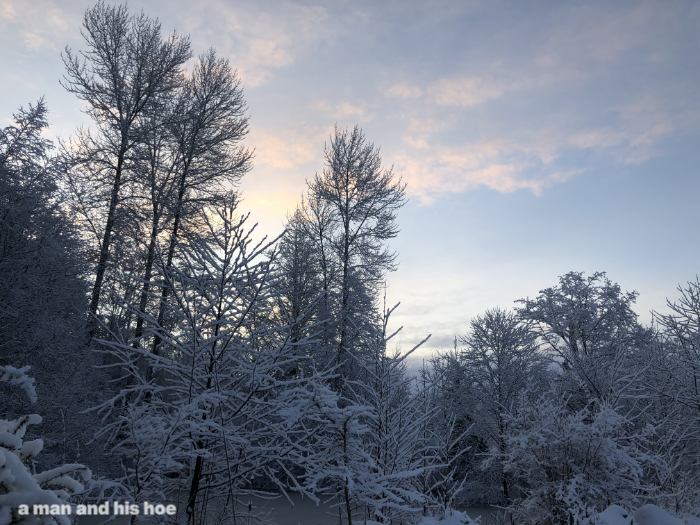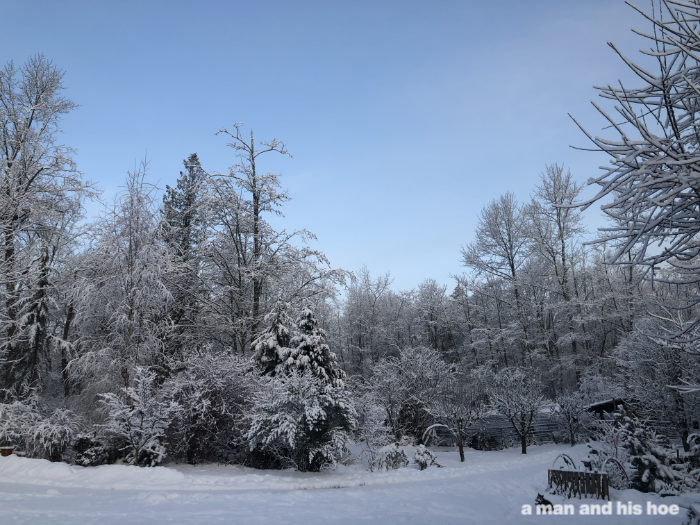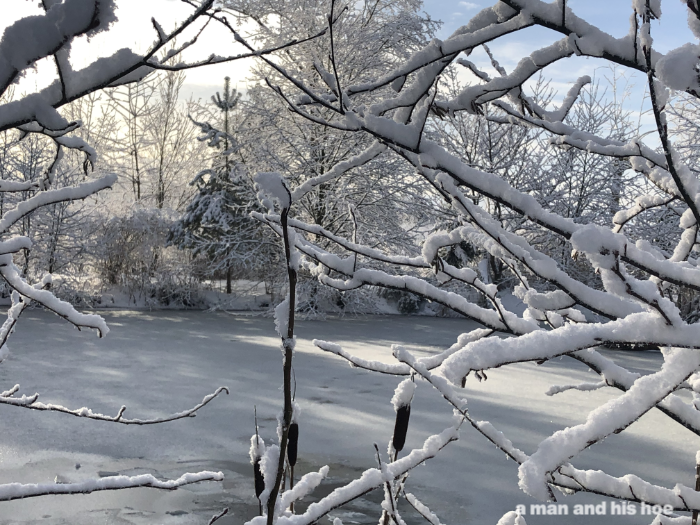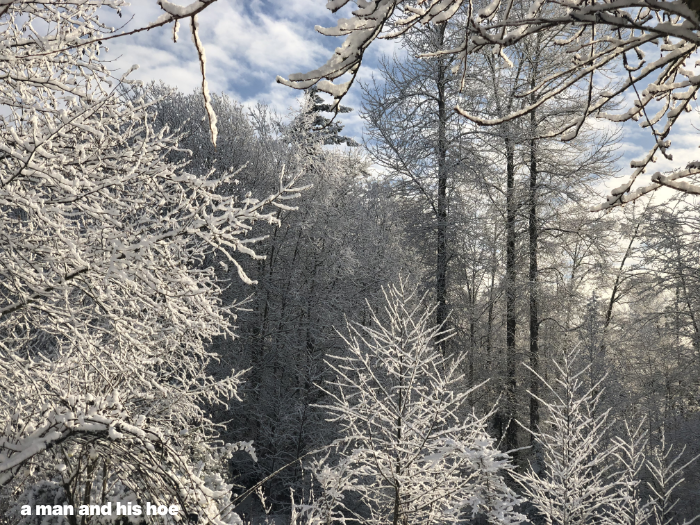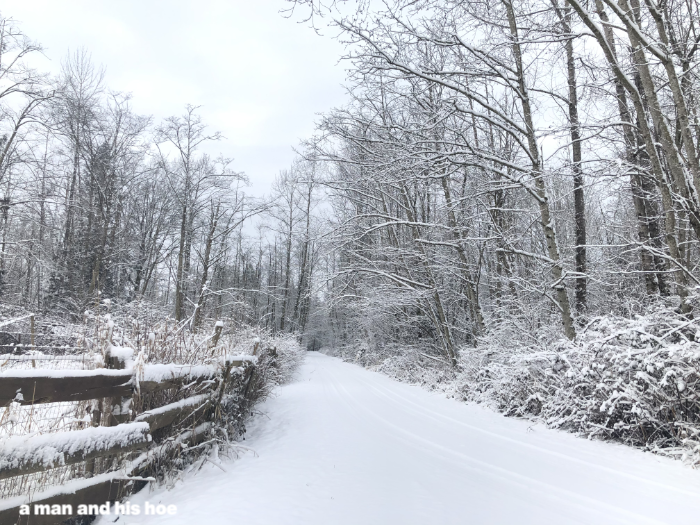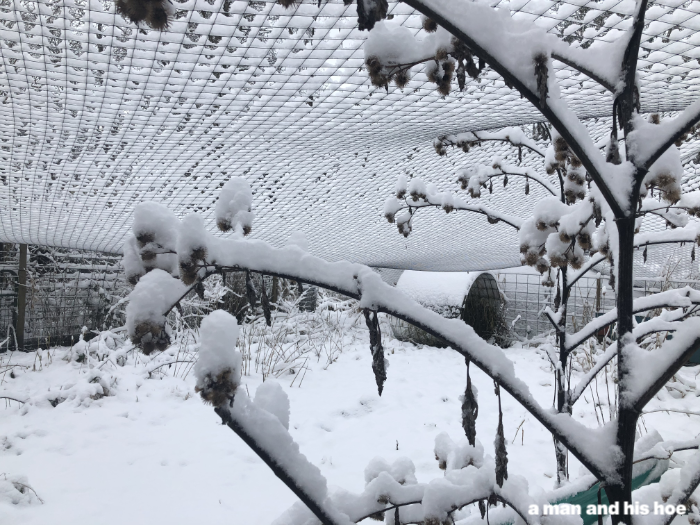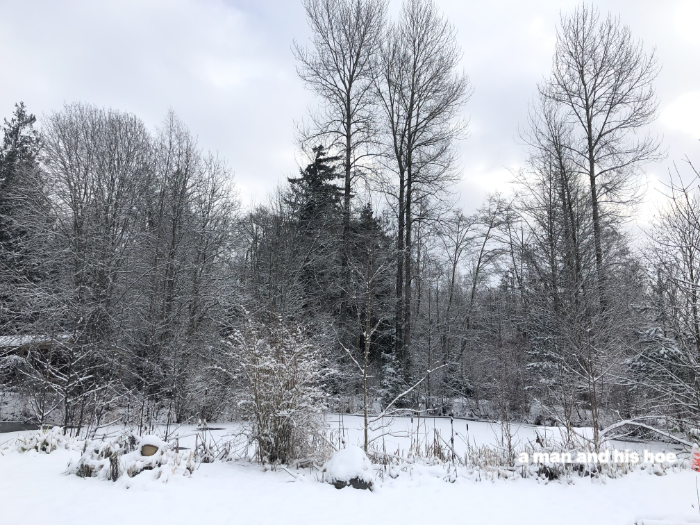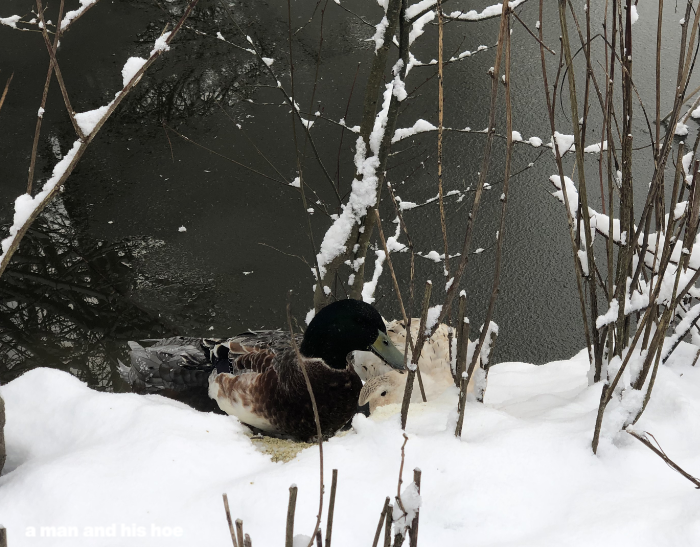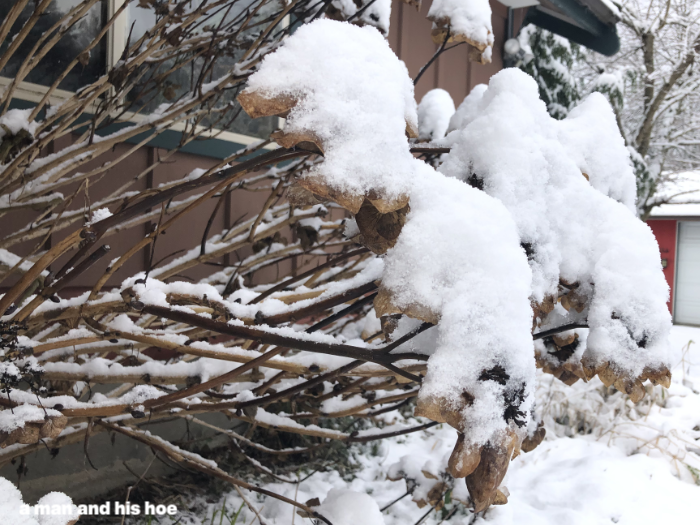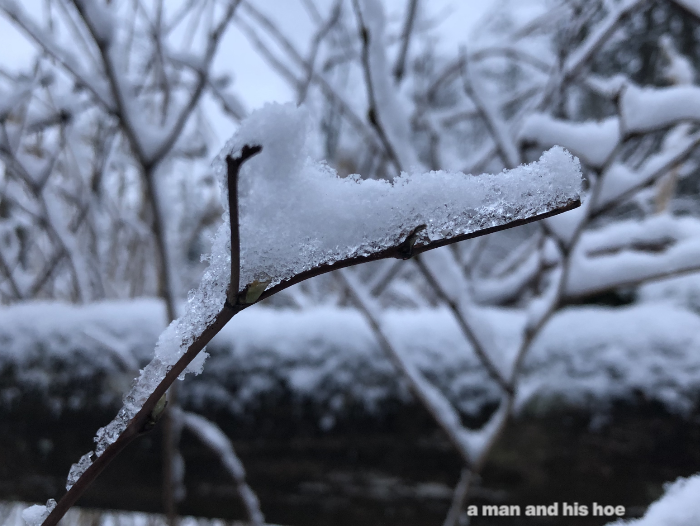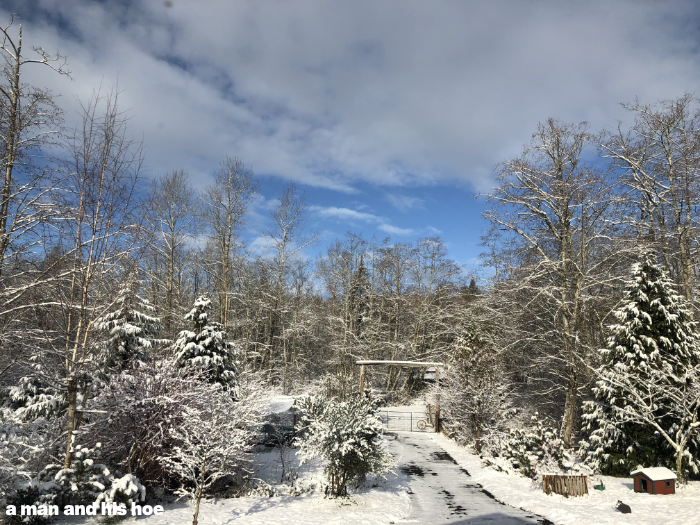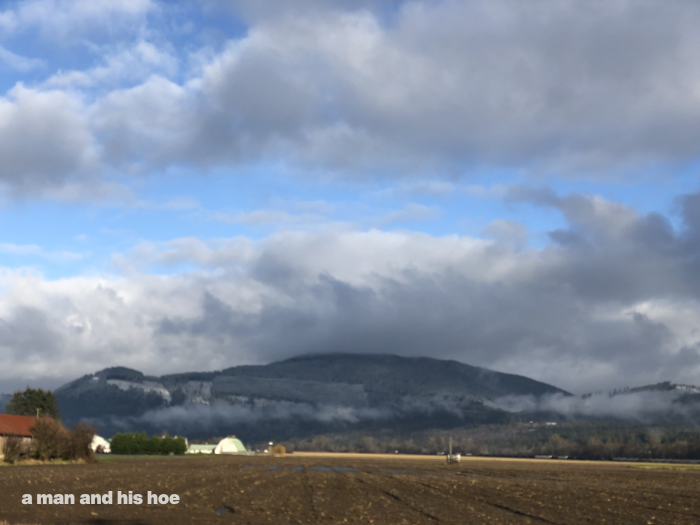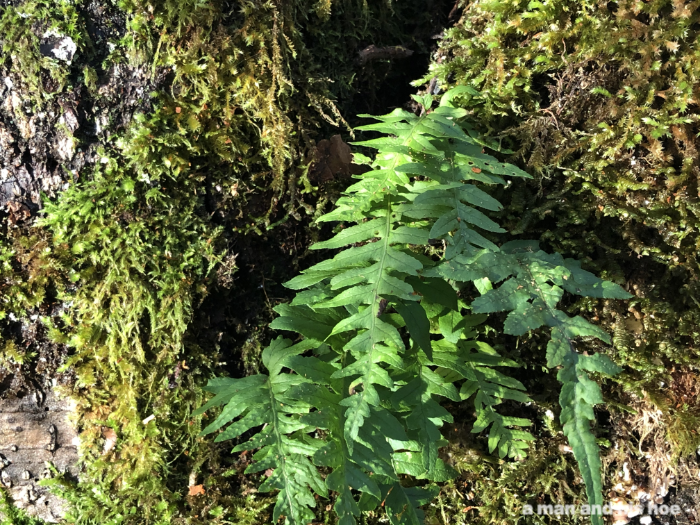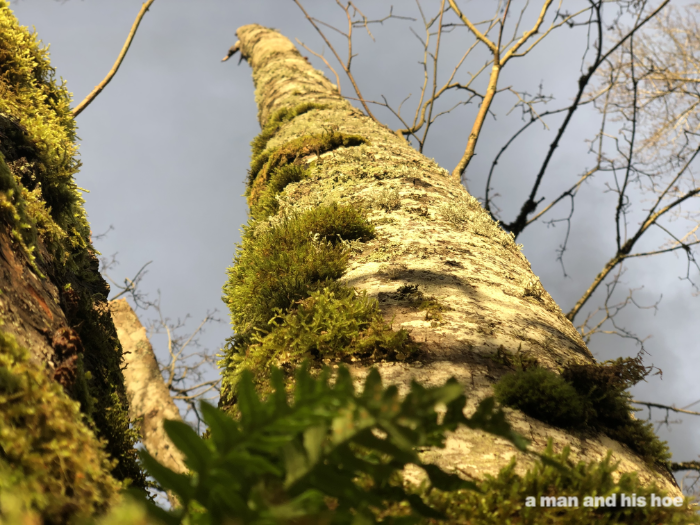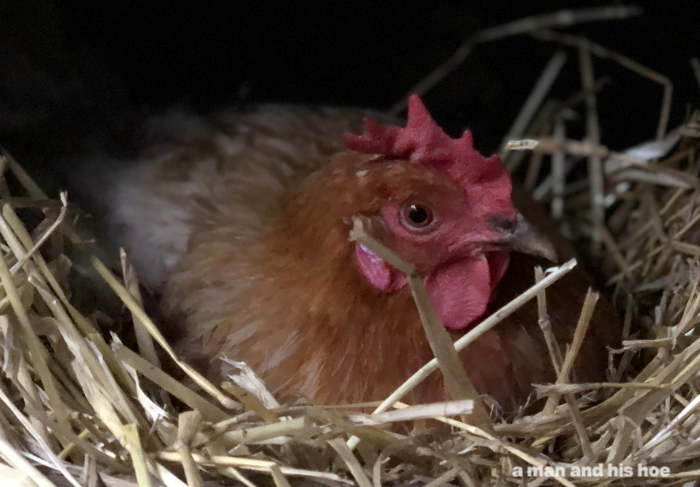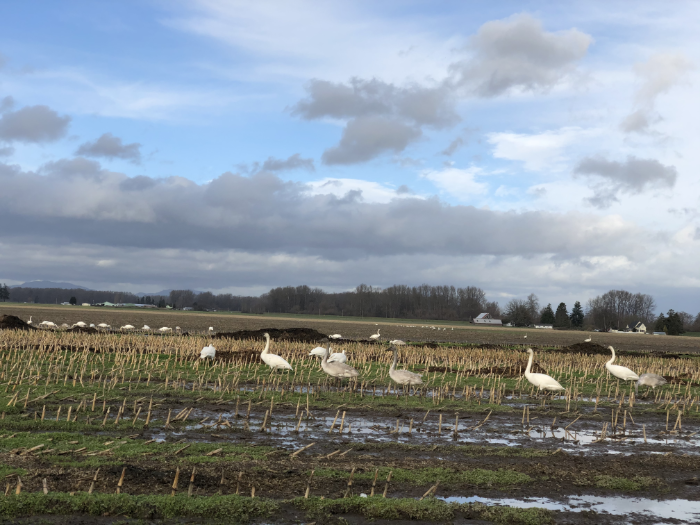
A drive to Fir Island took us past field after muddy field full of trumpeter swans. The cygnets are as large as their parents now, with some starting to show white feathers. They do love digging around in the mud. We saw a cygnet with its face coated in mud, which made me wonder how a swan washes its face. Does it stick it in water and give it a good shake? Take to the air and hope the wind blows the mud off its face?
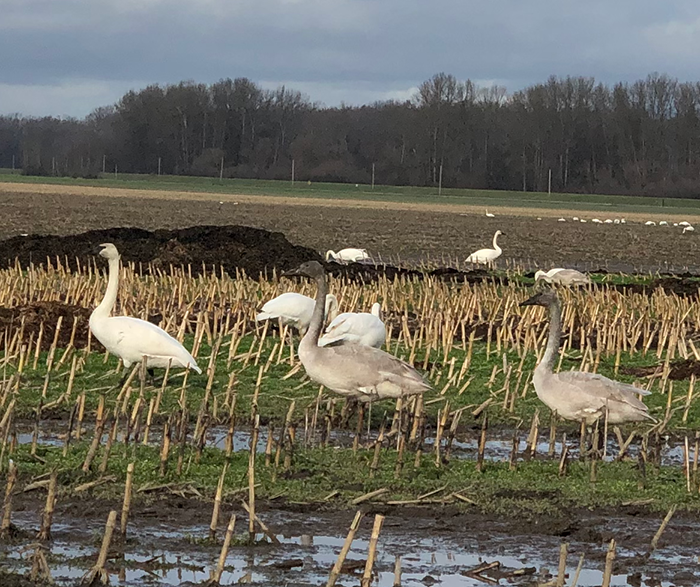
These are big birds, the largest water fowl alive today. Chatty too. You can close your eyes and hear them talking to each other. As they walk, they say something every few steps, soft, soothing honks.
It’s hard to believe now, but around 1933, fewer than 70 were known to exist. They had been hunted nearly to extinction. How much poorer we would be if this species had gone extinct. I certainly wouldn’t be enjoying winters with thousands of them spending the season in this valley. How a trumpeter swan washes its face is something that wouldn’t cross my mind.
Which shows the depravity of economics. If it doesn’t involve the exchange of money, things have no value to an economist. GDP, the thing economists and politicians worship places no value on trumpeter swans, no value on unpaid work, no value on most of the things that make life on this planet worth living. I listened to a fascinating talk today, “The Unpaid Work that GDP Ignores and Why It Matters” by economist Marilyn Waring on the subject. We need a political and economic system that values what makes life worth living.
Nicola Sturgeon also gave a though provoking speech along these lines, “Why Governments Should Prioritize Well Being”.
